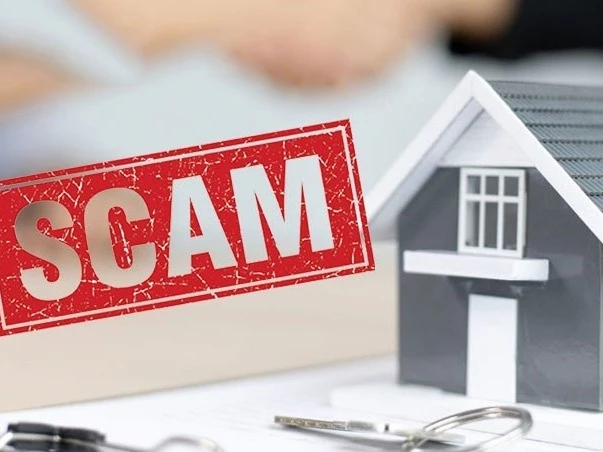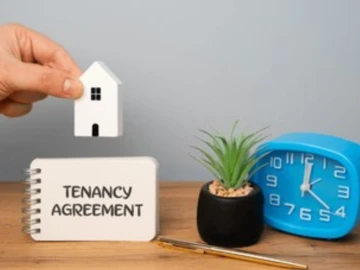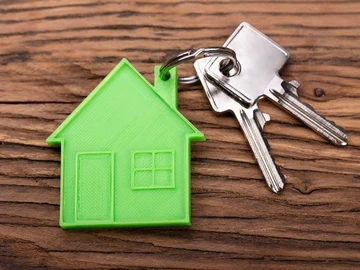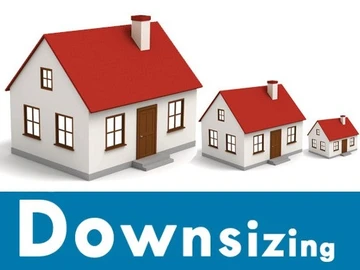The real estate market in Zimbabwe is booming, but with growth comes the risk of scams. Whether you’re buying a house, purchasing land, or renting a property, falling victim to a real estate scam can be financially devastating. Fraudsters often prey on unsuspecting buyers, using sophisticated tactics to deceive them. In this guide, we’ll walk you through how to spot a real estate scam in Zimbabwe and provide practical tips to protect yourself.
Common Real Estate Scams in Zimbabwe
Before diving into how to spot scams, it’s important to understand the most common types of real estate fraud in Zimbabwe:
- Fake Listings: Scammers create fake property listings with attractive prices to lure buyers.
- Impersonation: Fraudsters pose as property owners or agents to sell or rent properties they don’t own.
- Double Sales: A seller sells the same property to multiple buyers and disappears with the money.
- Unverified Titles: Buyers are sold properties with unclear or fraudulent ownership documents.
- Advance Fee Fraud: Scammers ask for upfront payments (e.g., deposits or legal fees) and disappear.
How to Spot a Real Estate Scam
Here are 10 red flags to watch out for when buying or renting property in Zimbabwe:
1. Too Good to Be True Prices
- If a property is listed at an unusually low price compared to similar properties in the area, it’s likely a scam. For example, a 3-bedroom house in Borrowdale listed for $30,000 should raise suspicions.
2. Pressure to Act Quickly
- Scammers often create a sense of urgency, pressuring you to make quick decisions or payments. Be wary of phrases like “Offer ends today!” or “First come, first served.”
3. Unverified Agents or Sellers
- Always verify the identity of the agent or seller. Ask for their license number (if they’re an agent) and cross-check with relevant authorities like the Estate Agents Council of Zimbabwe.
4. Lack of Proper Documentation
- A legitimate property sale requires clear documentation, including the title deed, surveyor’s report, and proof of ownership. If the seller cannot provide these, walk away.
5. Requests for Upfront Payments
- Be cautious if you’re asked to pay a deposit or fees before viewing the property or signing a contract. Legitimate sellers and agents will not demand payment without due process.
6. Inconsistent Property Details
- If the property details (e.g., size, location, or features) change during discussions, it could be a sign of a scam. Always visit the property in person to verify its condition.
7. No Physical Address or Viewing Allowed
- Scammers may avoid providing a physical address or refuse to let you view the property. Insist on visiting the property before making any commitments.
8. Unregistered or Unlicensed Agents
- Always work with registered real estate agents. Unregistered agents are more likely to engage in fraudulent activities.
9. Payment Requests to Personal Accounts
- Legitimate transactions should go through a trust account or legal channels. If you’re asked to pay into a personal account, it’s a major red flag.
10. Poor Online Presence
- Research the agent or seller online. A lack of reviews, a poorly designed website, or no online presence could indicate a scam.
Real-Life Example: The Fake Land Sale Scam
Meet Tendai, a Harare-based professional who almost fell victim to a land sale scam. Tendai found a stand in Ruwa listed for $15,000 a steal compared to the market price of $30,000. The “seller” claimed to be relocating urgently and asked for a $5,000 deposit to secure the deal. Tendai became suspicious when the seller refused to provide a title deed or allow a site visit. After consulting a lawyer, he discovered the stand didn’t exist. Tendai’s story highlights the importance of due diligence.
How to Protect Yourself from Real Estate Scams
- Work with Reputable Platforms: Use trusted platforms like Property.co.zw to find verified listings and agents.
- Verify Ownership: Conduct a title deed search at the Deeds Office to confirm the seller’s ownership.
- Hire a Lawyer: Engage a qualified real estate lawyer to review all documents and guide you through the process.
- Visit the Property: Always inspect the property in person before making any payments.
- Avoid Cash Transactions: Use traceable payment methods like bank transfers or checks.
- Check Reviews and References: Research the agent or seller online and ask for references from past clients.
- Trust Your Instincts: If something feels off, walk away and seek professional advice.
What to Do If You’ve Been Scammed
If you suspect you’ve fallen victim to a real estate scam, take the following steps:
- Report the Scam: File a report with the police and relevant authorities like the Estate Agents Council of Zimbabwe.
- Contact Your Bank: If you’ve made a payment, notify your bank immediately to stop the transaction.
- Seek Legal Advice: Consult a lawyer to explore your options for recovering your money.
- Warn Others: Share your experience on social media or platforms like Property.co.zw to prevent others from falling victim.
Conclusion
Real estate scams are a harsh reality in Zimbabwe’s property market, but with the right knowledge and precautions, you can protect yourself. By staying vigilant, verifying details, and working with trusted professionals, you can avoid falling victim to fraud.
At Property.co.zw, we’re committed to helping you find legitimate properties and verified agents. Explore our 8,000+ verified listings and connect with 200+ trusted agents to start your property journey with confidence.
 Continue with Facebook
Continue with Facebook
 Continue with Email
Continue with Email














